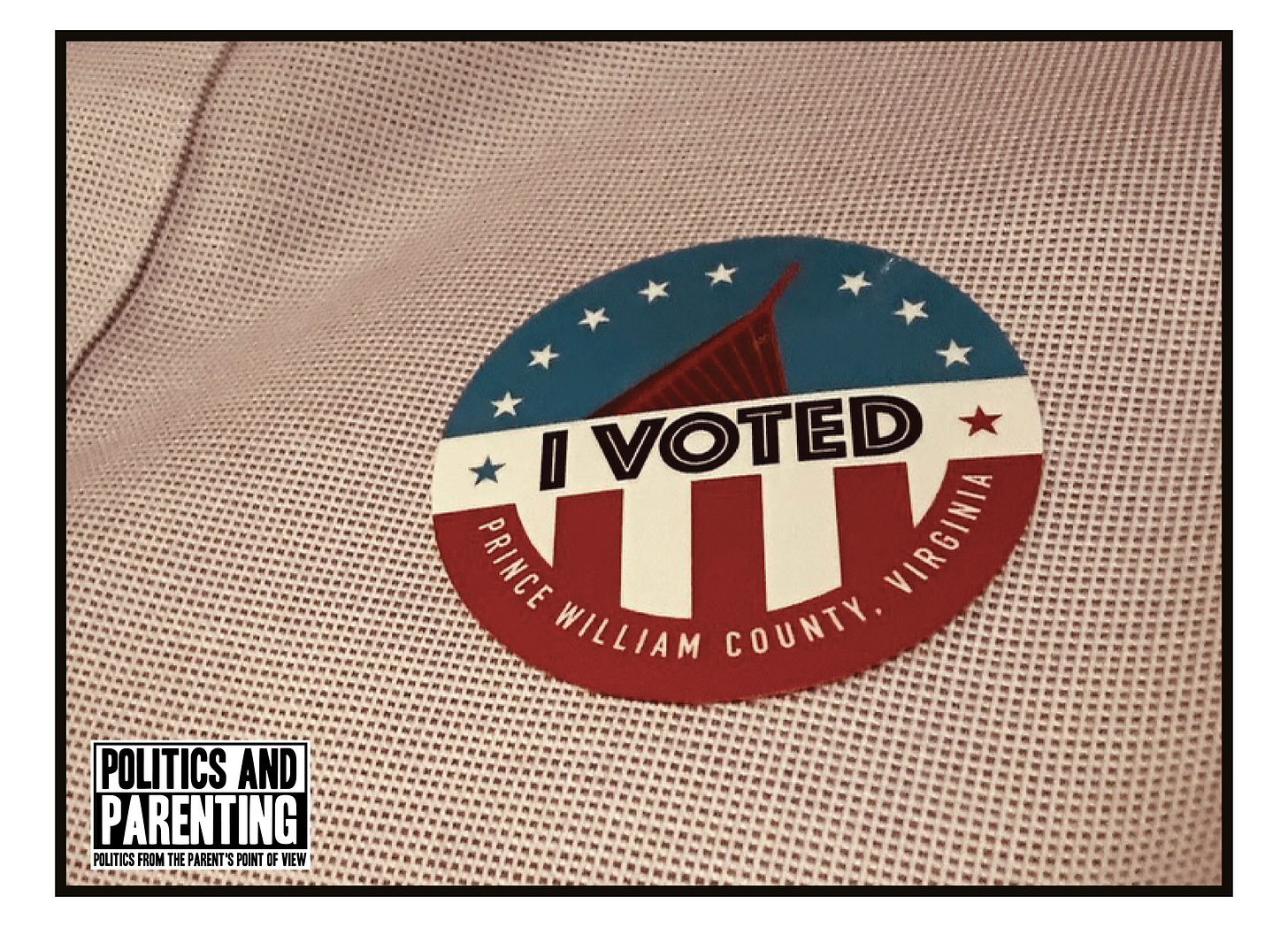The Day After
We did our duty. We voted. Maybe our person won, or maybe they lost. Regardless, our job is not done. We must fulfill our citizen responsibilities and hold our representatives accountable. It’s time we speak up for our right of representation.
If I have learned anything from the past few years, it’s that nothing is going to change unless we change first. We can’t keep letting them tell us who to vote for, bury us in red tape, and riddle us with debt. It’s time we speak up for ourselves.
The relationship between the government and the people is struggling. We need to rebuild trust by having difficult conversations that we have ignored for years. We must talk about Representation, Incentives, and the Balance of power.
The battle cry for the American Revolution was “No taxation, without representation.” Today, we, the people, complain that we are overtaxed, but not that we are underrepresented. Since the House was capped in 1929, the population has tripled, while our representation has remained the same at 435. The responsibility of each House representative has increased. In 1929, the average representative represented about 220,000 people. Now, a representative represents about 756,000 people.
A few decades before the House was capped, money became a big political player. Over a hundred years later, money's influence on politics has changed the incentives for getting politically involved. It attracts grifters like George Santos and surrounds our representatives with people of wealth, creating a barrier between them and the working-class citizens who foot the government bill. This is a far cry from Madison’s vision of a House with no qualifications of wealth.
Writing new campaign finance laws alone will not eliminate the incentive for profit in politics. We must have a deeper discussion about the incentives for office and duty.
The balance of power between the Executive branch and Congress is tipped too far in favor of the President. The Permanent Apportionment Act of 1929 is just another example of how Congress has failed to act and delegated its authority to a Federal agency. We must elect a Congress that fulfills its constitutional responsibilities and balances power between the different branches of government.
How can we expect to hold them accountable if we aren’t having the right conversations? How can we elect good representation when the incentives are misplaced? How can one person effectively represent 756,000 people? Who benefits from this status quo?
So, now that the election is over let’s get to work. Subscribe to Politics and Parenting and join the conversation about holding our leaders accountable. We must demand reform.



